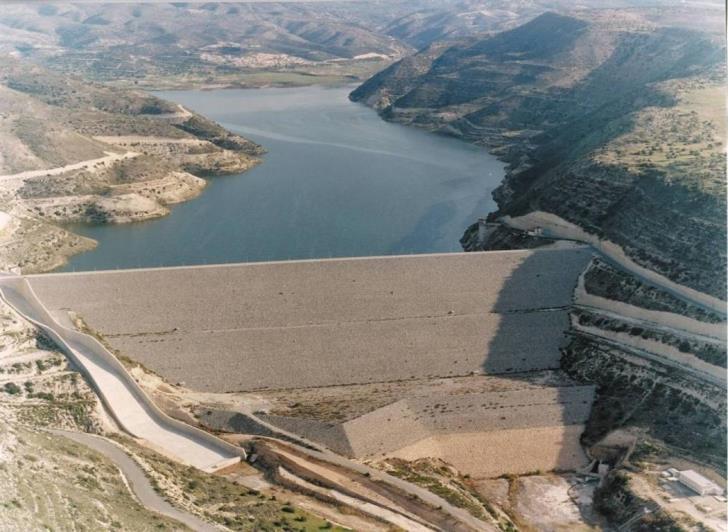Cyprus has been identified as one of the 25 countries grappling with severe water stress annually, as highlighted by a recent study conducted by the World Resources Institute (WRI).
These countries collectively account for a quarter of the global population. Alarmingly, around 4 billion individuals, constituting over 50% of the world’s populace, experience highly water-stressed conditions for at least one month each year, WRI added.
The study defines a country facing “extreme water stress” as one using at least 80% of its accessible water supply. Meanwhile, “high water stress” signifies the use of 40% of the supply.
Among the six countries confronting the most significant water stress—Bahrain, Cyprus, Kuwait, Lebanon, Oman, and Qatar—water scarcity predominantly results from limited supply coupled with demand arising from domestic, agricultural, and industrial usage.
Similarly, the Middle East and North Africa emerge as the most water-stressed regions, affecting 83% of their population, along with South Asia where the figure is 74%.
These water shortages can precipitate industrial disruptions, energy shortages, and agricultural setbacks, thereby endangering food security. A considerable 60% of the world’s irrigated agriculture, especially crops like sugarcane, wheat, rice, and maize, grapples with highly elevated water stress.
Without timely intervention, such as investments in water infrastructure and enhanced water management, the situation is poised to worsen, especially in areas experiencing rapid population growth and economic expansion, the study found.
Furthermore, the WRI’s research underscores that addressing global water challenges need not entail exorbitant costs. The solution could amount to roughly 1% of global GDP or 29 cents per person daily from 2015 to 2030. The primary obstacle lies in the absence of political determination and financial backing to translate these cost-effective solutions into reality.
In terms of policy recommendations to tackle this issue, the Institute advises nations to refine their water governance, promote efficient water usage in agriculture, embrace comprehensive water resource management, and bolster water infrastructure through nature-based and green infrastructure solutions.
Moreover, it urges policymakers in water-stressed countries to prioritize eco-friendly energy sources like solar and wind to avert power disruptions triggered by water shortages. Lastly, it advocates for the formulation of urban water resilience action plans in cities, and emphasises the potential of treating and reusing wastewater to create fresh water sources for urban areas.






